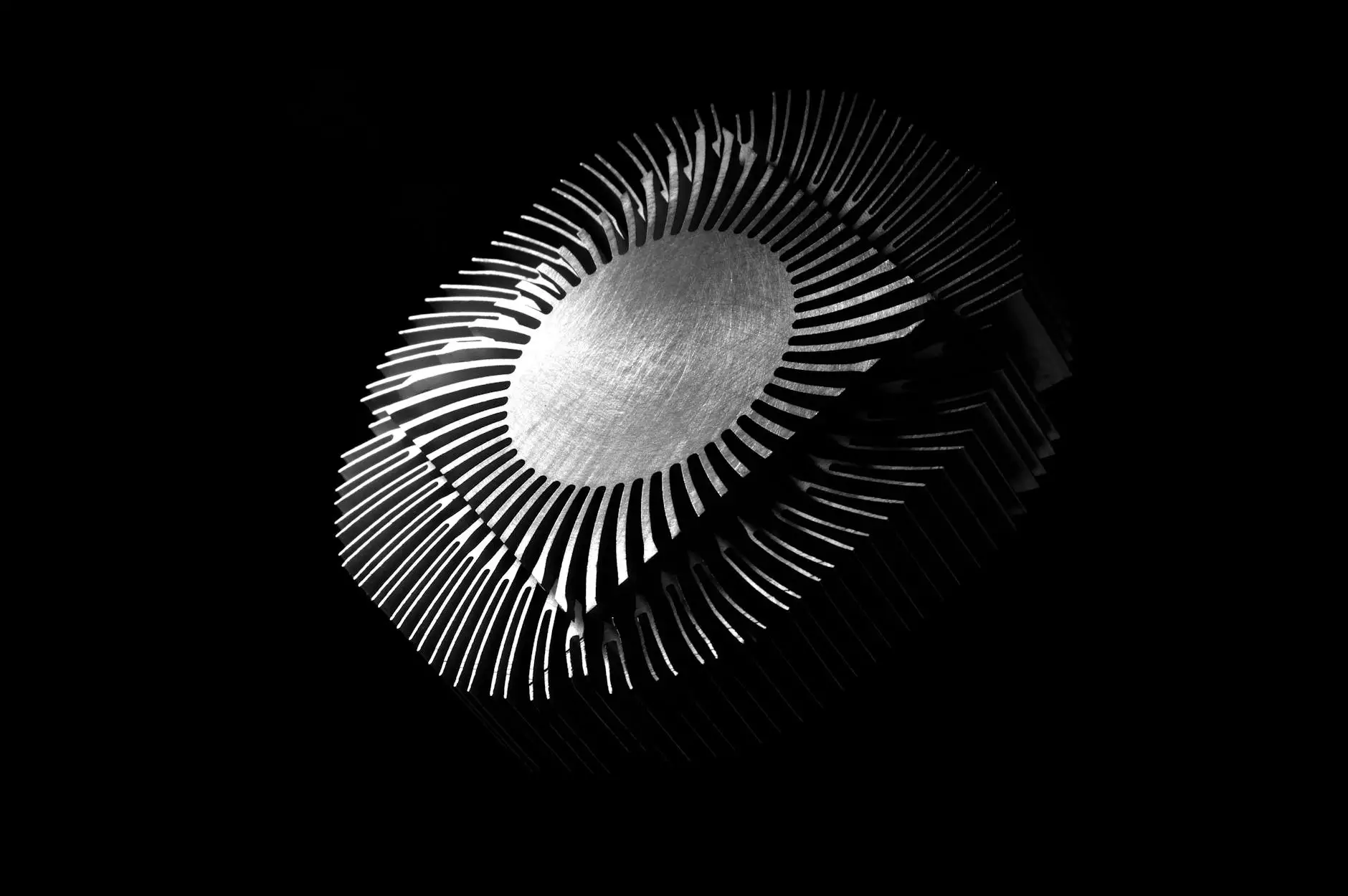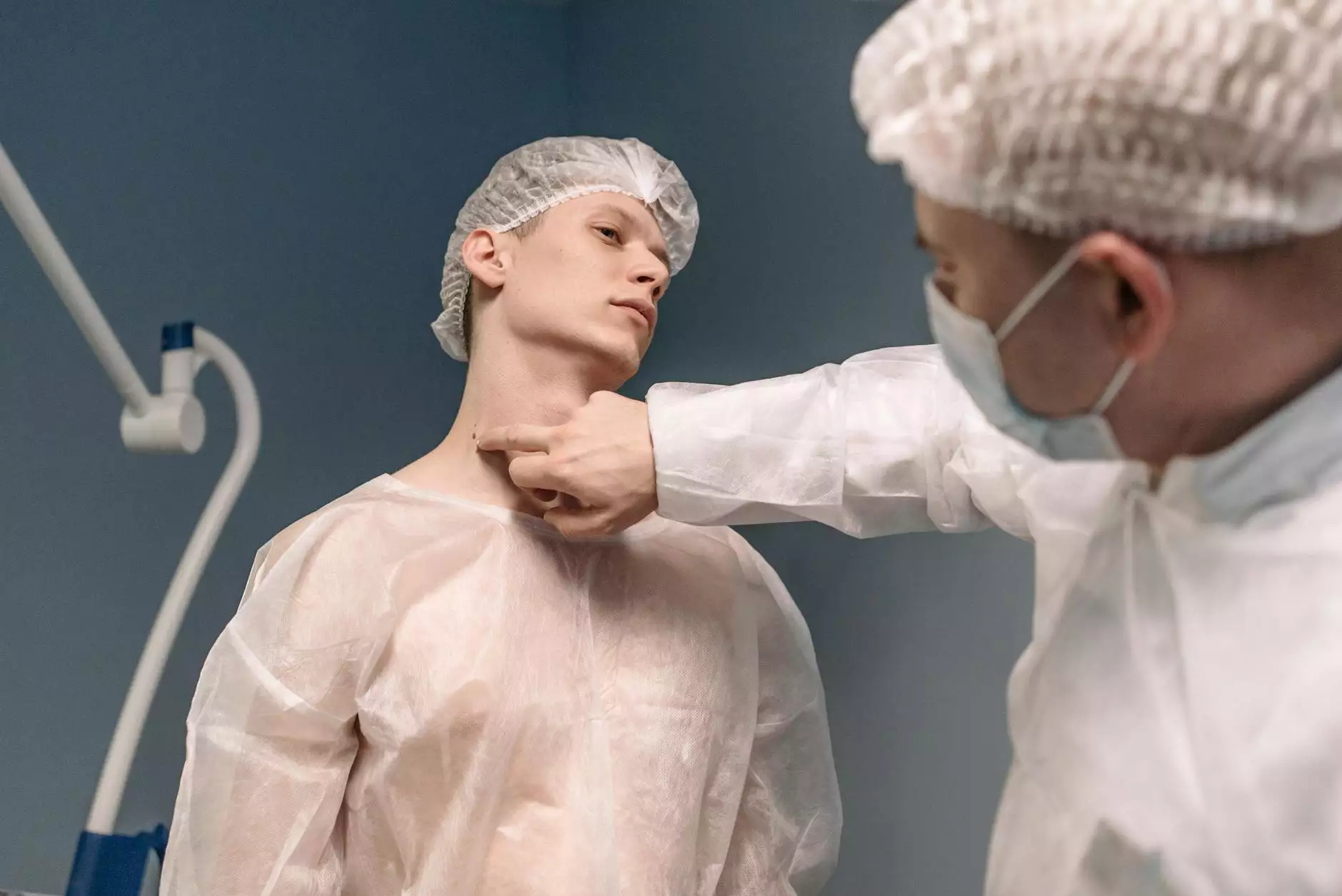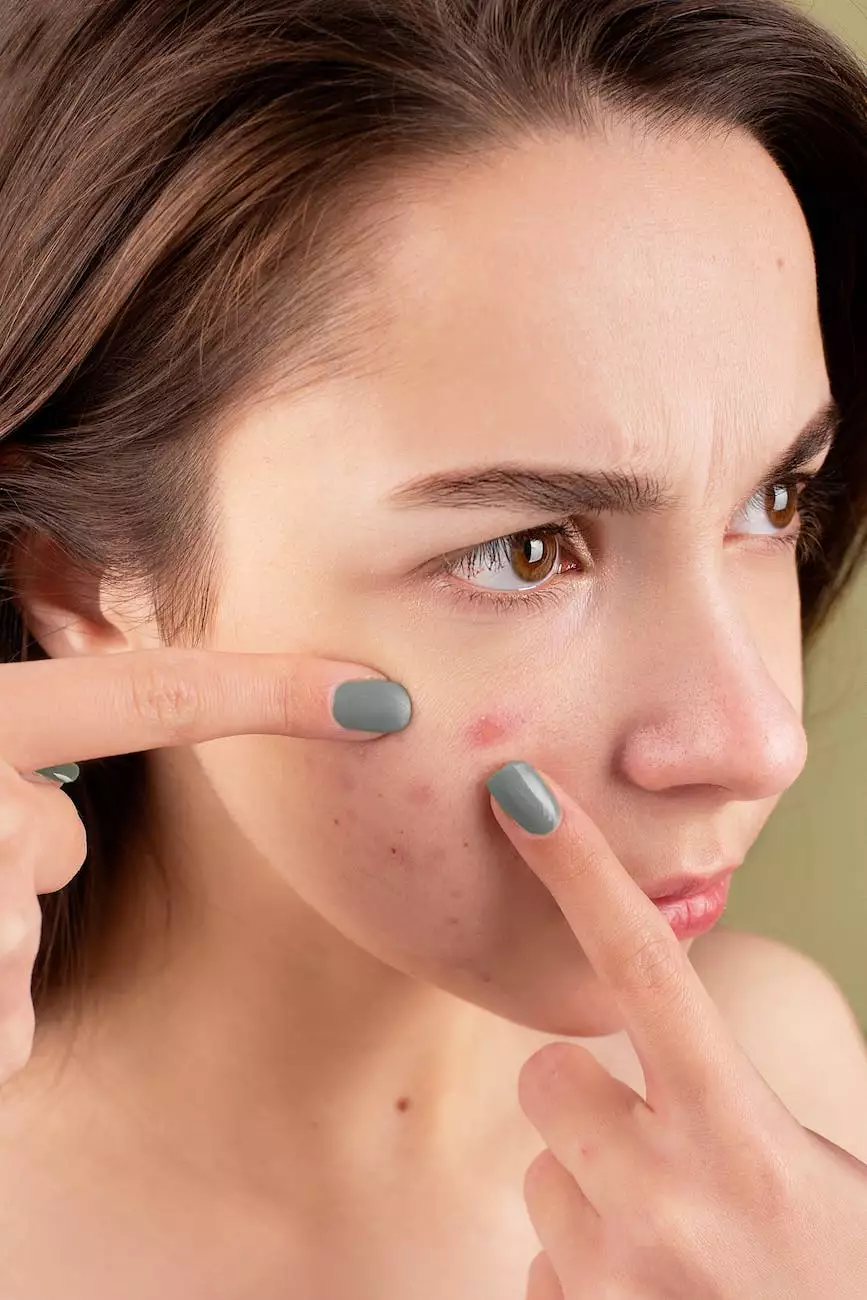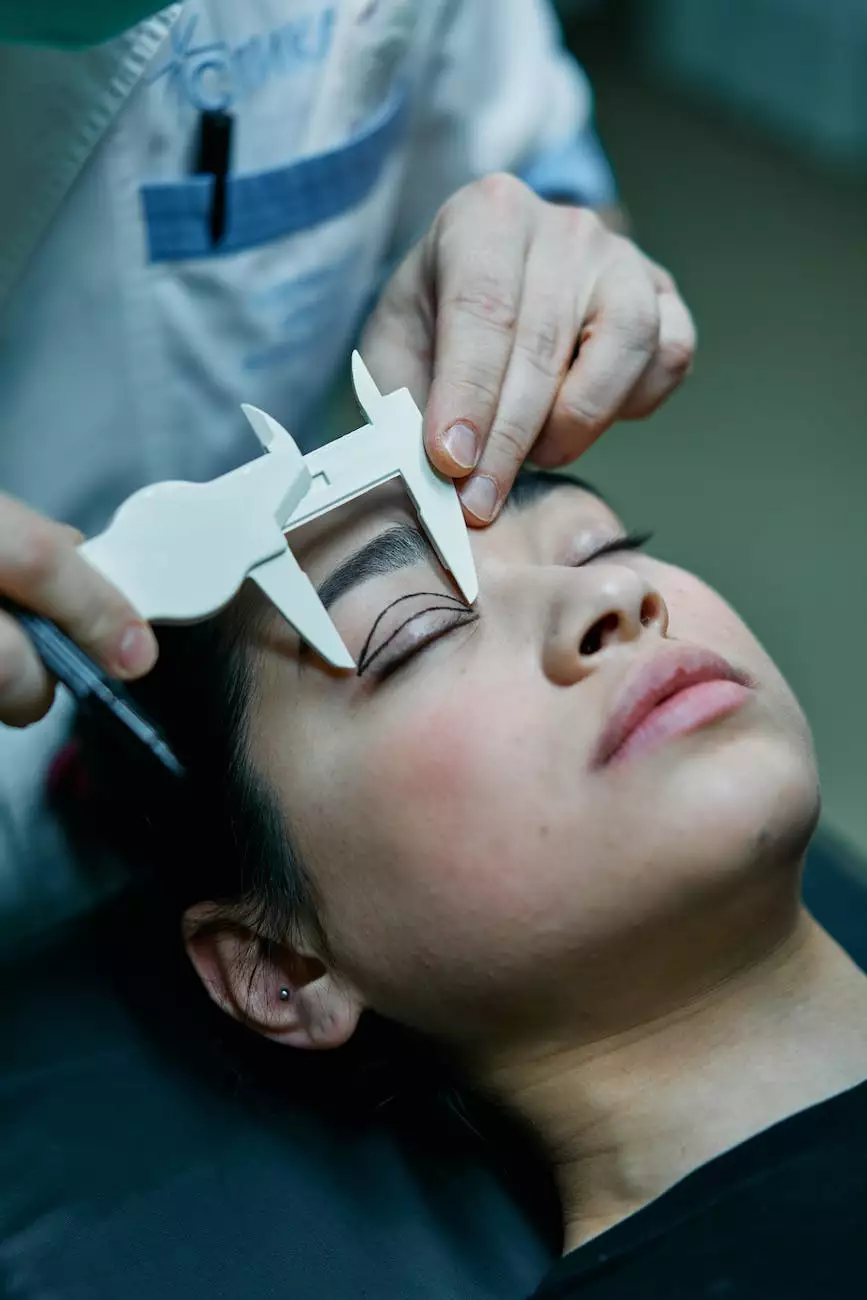Fuchs' Corneal Dystrophy - Understanding Causes, Symptoms, and Treatment

Introduction
Welcome to the informative page on Fuchs' Corneal Dystrophy, brought to you by David J Scholten, OD, PC, a trusted name in eye care. Here you will find detailed information about this eye condition, including its causes, symptoms, and the various treatment options available.
What is Fuchs' Corneal Dystrophy?
Fuchs' Corneal Dystrophy is a progressive eye disease that affects the cornea, the clear, dome-shaped outer layer of the eye. This condition primarily affects the innermost layer of the cornea, called the endothelium, which is responsible for maintaining the cornea's optimal hydration levels.
As Fuchs' Corneal Dystrophy progresses, the endothelial cells become damaged and gradually lose their ability to pump excess fluid out of the cornea. This leads to corneal edema, causing visual disturbances such as blurry or hazy vision, increased sensitivity to light, and even pain or discomfort.
Causes and Risk Factors
The exact cause of Fuchs' Corneal Dystrophy is not yet fully understood. However, studies have indicated that genetic factors may play a role in its development. This condition tends to run in families, suggesting a hereditary component.
Additionally, certain risk factors can contribute to the development and progression of Fuchs' Corneal Dystrophy. These include advanced age, female gender, and a history of other eye conditions, such as cataracts or glaucoma.
Signs and Symptoms
Individuals with Fuchs' Corneal Dystrophy may experience the following signs and symptoms:
- Blurry or hazy vision, particularly upon waking up
- Increased sensitivity to light
- Glare or halos around lights
- Pain or discomfort in the eyes
- Visible swelling or cloudiness in the cornea
It is important to note that the severity of symptoms can vary from person to person. Some individuals may have mild manifestations, while others may experience more significant visual impairments.
Diagnosis
If you suspect you have Fuchs' Corneal Dystrophy, it is crucial to seek professional medical attention from an experienced eye care specialist. They will conduct a thorough examination to diagnose the condition.
The diagnostic process typically includes:
- Reviewing your medical history and symptoms
- Performing a comprehensive eye examination
- Measuring corneal thickness and assessing endothelial cell count
- Using various imaging techniques, such as corneal topography or specular microscopy
These examinations will help your eye care specialist make an accurate diagnosis and determine the most appropriate treatment plan, tailored to your specific needs.
Treatment Options
While there is currently no cure for Fuchs' Corneal Dystrophy, various treatment options are available to manage the symptoms and slow down disease progression. The choice of treatment depends on the severity of the condition and individual circumstances.
Common treatment approaches include:
- Prescription eye drops to reduce corneal edema
- Soft contact lenses or glasses to improve vision clarity
- Corneal transplant surgery, in severe cases where vision is significantly affected
Your eye care specialist will thoroughly discuss the advantages, risks, and expected outcomes of each treatment option, helping you make an informed decision about your eye health.
Conclusion
Fuchs' Corneal Dystrophy can be a challenging condition to navigate, but with the right support and care, its impact on your vision can be minimized. David J Scholten, OD, PC, is committed to providing comprehensive eye care for patients affected by this condition. Contact us today to schedule a consultation or learn more about our services.
Remember, early detection and timely treatment can make a significant difference in managing Fuchs' Corneal Dystrophy and preserving your visual well-being.









